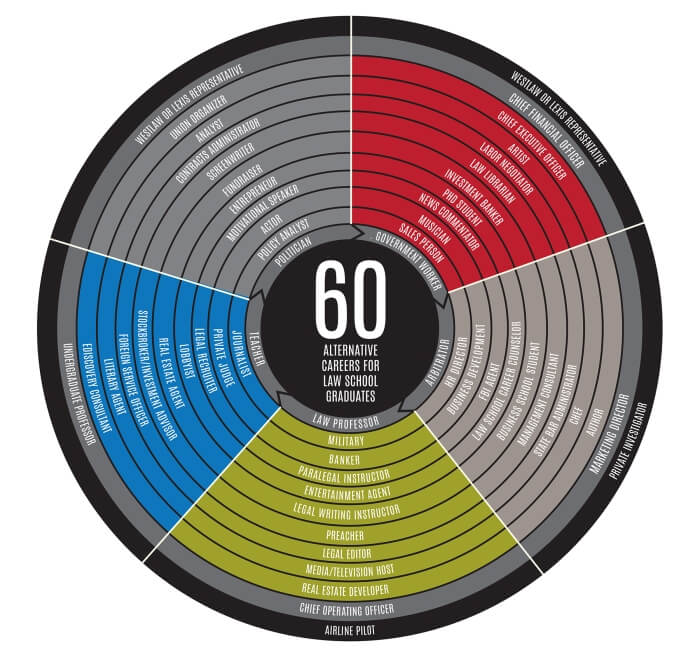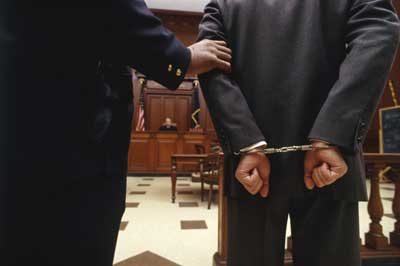Summary: A Harvard Professor notes that many law schools are toning down on teaching about rape.
Should law schools teach about rape laws? It took a generation of feminist crusading to ensure that law schools did discuss these laws, but now students across the country are asking such subjects to be dropped from exams, and even from classroom discussion, and this because it might trigger a rape victim, or the class in general.
Harvard Law Professor Jeannie Suk spearheaded the topic in an article for the New Yorker, saying that “Individual students often ask teachers not to include the law of rape on exams for fear that the material would cause them to perform less well. One teacher I know was recently asked by a student not to use the word ‘violate’ in class, as in ‘Does this conduct violate the law?’ – because the word was triggering.”
Nevertheless, and despite any protests for a lack of sensitivity, Suk further said, “Imagine a medical student who is training to be a surgeon but who fears that he’ll become distressed if he sees or handles blood. What would his instructors do? Criminal-law teachers face a similar question with law students who are afraid to study rape law.”
Nevertheless, many teachers across the country are considering dropping rape questions from exams or rape law from courses. As Suk said, “Teachers are starting to give up on the subject. About a dozen new teachers of criminal law at multiple institutions have told me that they are not including rape law in their courses, arguing that it’s not worth the risk of complaints and discomfort in the students.”
Now that the PC culture of campuses has emphasized, and some say, over-emphasized, the “sensitivities” of their adult students, and now that law schools are willing to accommodate the students they managed to cajole into attending their school, such capitulations seem almost natural.
Nevertheless, many professors feel it would be more respectful of students to expect they can handle emotional-laden problems, and that they should learn how to do so reasonably and with poise, considering lawyers must face plenty of issues that are difficult to deal with, such as hate crimes, rape, torture, every manner of racism, and so forth. This is why laws about abortion, racism, rape, and murder in general need to be addressed, specifically so lawyers can handle them with aplomb despite their emotionality.
That is why, as a counter voice on this matter, Corey Yung, Associate Professor at the University of Kansas of Law, said that “In my experience, it has been a net positive learning and personal experience for victims I have spoken with to have rape as part of their 1L Criminal Law curriculum… my experience has been that 1L Criminal Law has helped traumatized students deal with the violence and difficulty of their past.”
Considering the different responses professors have received based on teaching these touchy topics, it could be that style of presentation and context could go a long way in differentiating the empowering from the threatening.

















































